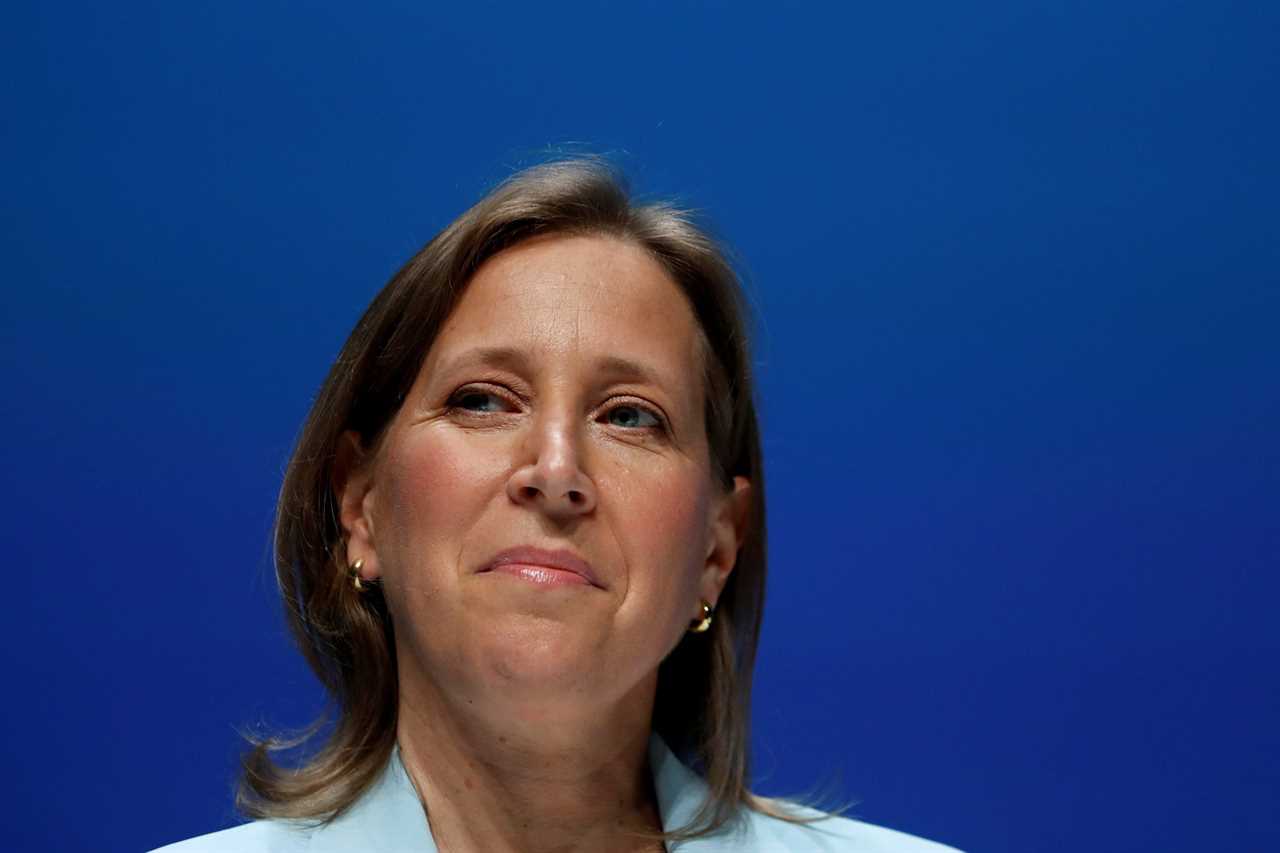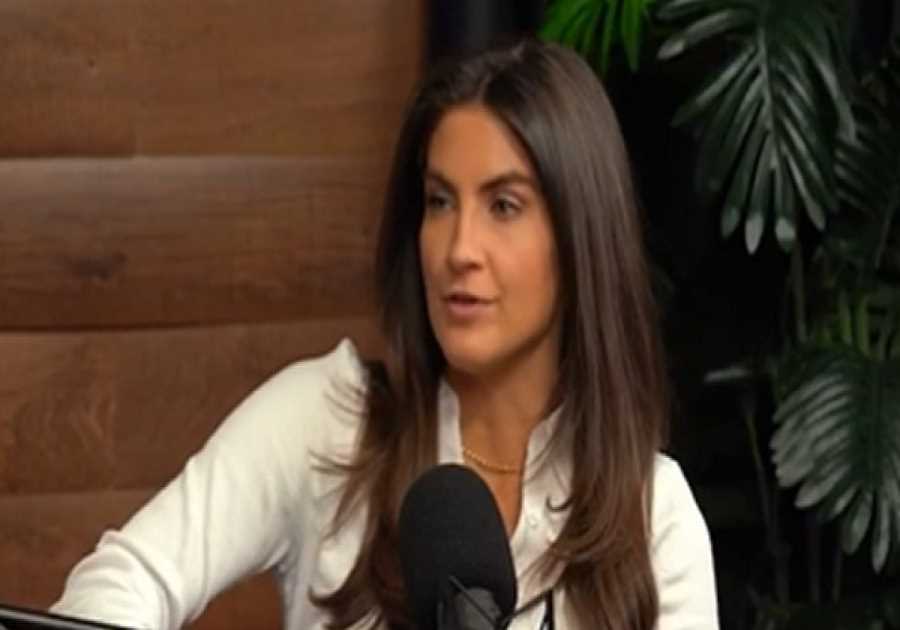
Eric Gaillard/Reuters
- YouTube's Susan Wojcicki is one of the latest women to set aside a high-profile career.
- Well-known figures' decisions to give up their roles points to challenges many women encounter.
- Women face bias, stereotypes, and more at-home responsibilities, among other hurdles.
As an ambitious woman in her early 30s, I find it painful to see some of my female role models step away from high-profile positions.
The influential women scaling back their careers are all headline makers: New Zealand's Jacinda Ardern, the tennis star Serena Williams, Meta's Sheryl Sandberg and, in recent days, Scotland's Nicola Sturgeon and YouTube CEO Susan Wojcicki.
I don't fault them; they're women who achieved much and then, it appears, made the best decision for themselves. Taking care of oneself in a world that prizes constant productivity and professional success can be revolutionary. But part of me can't help but wonder: Did all the years of punching and kicking at the glass ceiling exhaust them? Did the shards leave them wounded?
Perhaps these bold-faced names are making a point by stepping down. They're showing us it's possible to plot out and achieve dizzying professional successes and then step back from that — to dial up and down their ambition in one area to feed another, like raising kids or exploring something new. I'd like to believe that's what they're doing. But I have my doubts.
These leaders' words ring in my head. In her retirement essay, Williams wrote, "Believe me, I never wanted to have to choose between tennis and a family." In her resignation speech, Sturgeon essentially said she could no longer give everything of herself to her career; Ardern, in hers, said she no longer had "enough in the tank." Wojcicki said she wanted to "start a new chapter focused on my family, health, and personal projects."
When you look at the data, it's no wonder why Williams felt she had to choose, why Sturgeon and Ardern felt they no longer had the energy, why Wojcicki felt she didn't have enough time to focus on family and health. Women face bias when they're leaders. They face unique stereotypes, have more at-home responsibilities, and are often asked to do unrecognized work on the job, like planning volunteer events or taking notes.
Many of us, but especially women of color, don't have the support from our employers or governments that we need — namely affordable childcare, paid parental leave, and career sponsorship from higher-ups. The workplace often isn't designed for women. This could be a big reason so many powerful women are stepping down.
These decisions, while personal, can have broad consequences. They indirectly affect younger women — someone like me — and can make us doubt whether there's room for us at the top. To erase that concern, leaders need to listen to women, advocate policies that help women, and be more intentional about helping women stay.
"If women and men behave differently in pursuing career advancement, it is not because they are inherently different, but because they experience the workplace in fundamentally different ways: men as a place of acceptance and support, women as a place where they are 'others' lacking equal access to career-enhancing opportunities, resources and role models," Andie Kramer, a lawyer, writer, and speaker, wrote in Forbes in 2019.
Women leaders face higher rates of burnout than men
Several women have told Insider that the burnout they experienced as a leader was so bad that they regularly overslept, sought medical attention, or had colleagues worry about them. Some described taking on the workload of two or three people to get ahead.
The situation doesn't appear to be getting better.
McKinsey & Company recently said it found that "compared with men, senior women leaders report higher rates of burnout, chronic stress, and exhaustion."
Consider these snapshots: In 2020, a quarter of women in senior leadership roles McKinsey surveyed said they wanted to leave the workforce or downshift their careers. By 2021, that had risen to one-third.
A report last year from LeanIn.org and McKinsey said women leaders were leaving their companies at the highest rate ever; the organizations started tracking the data in 2015. While some find other roles at employers that treat them better, others don't.
"If companies don't take action, they risk losing not only their current women leaders but also the next generation of women leaders," the authors of that report wrote, adding, "They're watching senior women leave for better opportunities, and they're prepared to do the same."
Research from Gallup published in 2022 found that working women in the US were some of the most stressed employees globally.
LeanIn.org's cofounder and CEO, Rachel Thomas, has called it a "disastrous situation."
"You're not promoting enough women into the leadership ranks, and now you have more women leaving leadership roles," Thomas told CNBC Make It in October.
She added, "In a world where women remain dramatically underrepresented in senior leadership, those two problems together create a pretty awful one-two punch for companies trying to hold on to women leaders."
Read More
By: [email protected] (Marguerite Ward)
Title: As accomplished, high-profile female leaders step back from their careers, I wonder whether any woman can have it all
Sourced From: www.businessinsider.com/serena-williams-sheryl-sandberg-nicola-sturgeon-give-up-careers-2023-2
Published Date: Sun, 19 Feb 2023 11:30:00 +0000
.png)





